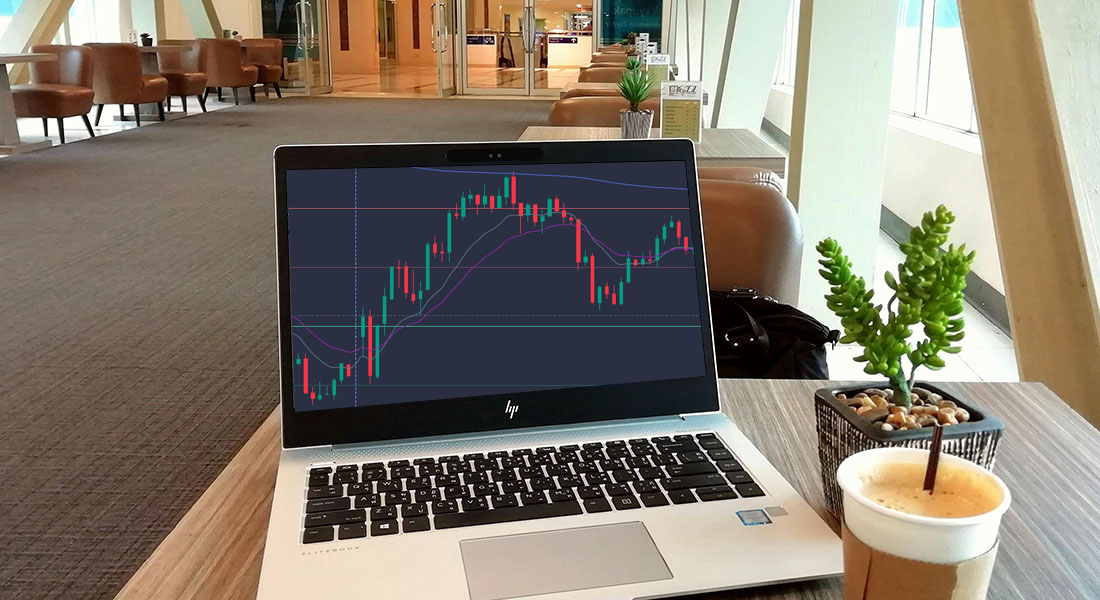
No, the trading hours are not going to extend beyond the regular schedule. Therefore, both NSE and BSE are to close at 3:30 pm as usual.
The National Stock Exchange had brought a proposal to the Securities and Exchange Board of India(SEBI) regarding the extent of trading hours of the Indian stock market beyond 3:30 pm. It proposed having an evening session from 6 pm to 9 pm specifically for index futures and options (F&O) contracts.
The reason behind extending trading is to align the Indian markets with the global opening hours and allow the investors or traders to be a part of the international events as a whole.
What Made the SEBI reject such an offer?
When the NSE was proposing an extension of trading hours for the Indian Stock Market, there was a concern raised by some brokers regarding work-life balance and operational challenges.
The major challenge is less manpower. With a limited man-power and extended working hours were expressed concerns. This was the response from traditional brokerages.
Contrastingly, the discount brokers had a different opinion. Infact, they were interested in the extension of trading hours with advanced technology.
Overall, the lack of consensus about the percentage of agreed and disagreed broker personnel has made Sebi halt the proposal for now.
Is the Trading hour going to extend in future?
The Securities and Exchange Board of India (SEBI) had proposed extending the trading hours for the stock markets. However, they have now put this proposal on hold due to a lack of agreement among brokers. SEBI recognized that there was no consensus on the proposed changes to the trading hours.
For now, SEBI has shelved the proposal to extend trading hours. The current trading timings will remain in place, with both the cash and futures and options (F&O) segments closing at 3:30 pm. Whether SEBI will revisit this issue in the future is uncertain.
They may consider it again if brokers can establish a more unified stance on the matter. Until then, the stock markets will continue to operate according to the existing trading hours.
FAQ
What is the National Stock Exchange?
The National Stock Exchange (NSE) is India’s leading stock exchange. It facilitates the buying and selling of shares, bonds, and other securities. The NSE operates from Mumbai and provides an electronic trading platform for investors across the country.
The NSE was established in 1992 and started trading operations in 1994. It introduced several innovative practices to the Indian capital markets, such as electronic trading, a modern nation-wide network, and a transparent trading system.
The NSE allows investors to trade equities, derivatives, debt instruments, and other financial products. It has played a crucial role in promoting investment and economic growth in India.
What is Bombay Stock Exchange?
The Bombay Stock Exchange (BSE) is one of the oldest and largest stock exchanges in India. It is located in Mumbai, which was formerly known as Bombay. The BSE facilitates the buying and selling of various securities, including stocks, bonds, and mutual funds.
The BSE was established in 1875 and is the first stock exchange in Asia. It has played a crucial role in the growth and development of the Indian capital markets.
The BSE operates through an electronic trading system, allowing investors from across the country to participate in the markets. It has a wide range of listed companies spanning various sectors, making it a popular destination for investors seeking diverse investment opportunities.

Great tool to analyze option chain. I was not able to compare the participant activities in option chain tab of Fyers or in any other apps. OiGenie provides the best option chain analyzer, probably in the most easiest way possible. The app seems to be genuinely helping the traders to become profitable. I have made 3.86 lacs INR as highest profit in 1 day. You can signup to see it yourself.
Read moreWhat is SEBI?
SEBI is the regulatory authority that oversees the securities and commodity markets in India. Its primary role is to protect the interests of investors and promote the development of the Indian capital markets. SEBI was established in 1992 and has its headquarters in Mumbai.
SEBI regulates various entities operating in the capital markets, including stock exchanges, depositories, mutual funds, foreign institutional investors, and listed companies.
It formulates policies, issues guidelines, and enforces regulations to ensure fair and transparent trading practices. SEBI also aims to educate investors and create awareness about investment opportunities and potential risks. Its efforts contribute to maintaining confidence in the Indian financial system.
What is F&O trading?
F&O trading refers to trading in futures and options contracts. Futures are agreements to buy or sell an asset at a predetermined price on a specific future date. Options give the holder the right, but not the obligation, to buy or sell an asset at a predetermined price within a specific period.
Traders engage in F&O trading for various reasons, such as speculation, hedging, or arbitrage. Speculators aim to profit from price movements in the underlying asset.
Hedgers use F&O instruments to mitigate the risk of adverse price movements in their existing positions. Arbitrageurs try to exploit price discrepancies between different markets or instruments.
F&O trading provides traders with opportunities to profit from both rising and falling markets, making it a popular avenue for those seeking leveraged exposure to various asset classes.





